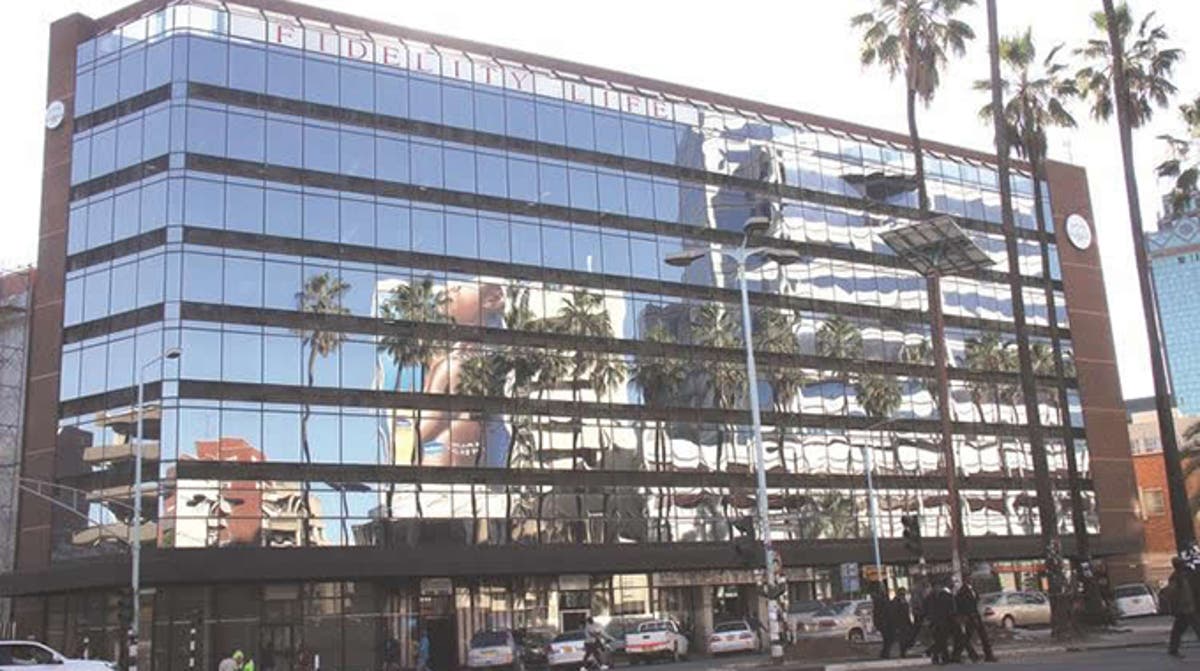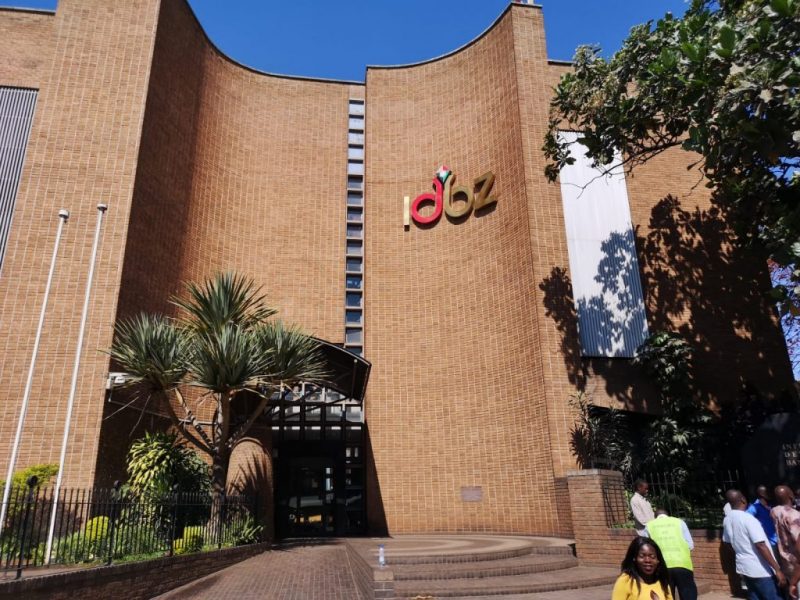Informal traders urged to keep import documents
INFORMAL traders affected by the Zimbabwe Revenue Authority (Zimra)’s anti-smuggling blitz have been urged to keep documentation of goods they import for reselling to ensure easier verification and smooth audits by authorities in the future.
This follows the closure of several informal traders’ business premises across the country after the operators failed to produce the relevant documents to prove that their goods complied with all necessary customs procedures.
Popular flea markets like Mutize and Unity Village in Bulawayo are among the informal business premises recently closed by Zimra for selling goods that were not declared for customs duty purposes upon their entry into Zimbabwe.
In terms of the law, a trader’s business premises may be closed or embargoed pending the production of the necessary customs documents or payment of duty.
According to Zimra, when goods are placed under embargo or the shop/business premises are closed, the operator must pay the requisite customs duty or fine.
“During the post-clearance verification exercise, the clients are being made aware to ensure they import their goods regularly, declaring and paying duty where applicable,” said Zimra.
“Secondly, they need to keep records of all their purchases and importation of the goods.”
Zimra also said after their shops have been opened, measures must be put in place to comply with Zimra’s customs requirements.
The revenue authority said in terms of the law, records should be kept for up to six years to allow smooth audits and verifications in the future, if need be.
The closure of flea markets in Bulawayo was part of a nationwide campaign by authorities to stamp out smuggling and growing informality, which is threatening the viability of established operators and fiscal revenue.
The growing scourge of informality has also fuelled illegal trade in counterfeit goods, which pose a serious existential threat to local companies, and public health and weigh on economic growth.
Informal trading is now a key source of livelihood for many. However, most traders sell smuggled products, which explains their affordability or low prices.
Since November last year, the blitz has seen the revenue authority impound goods valued at more than US$2,4 million.
The multi-agency operation targets importers and cross-border transporters involved in smuggling and unethical business practices.
Last year, the Government, through a high-level task force on business malpractices established by Cabinet, launched a multi-agency operation to clamp down on smuggling and unethical business practices.
The authorities believe smuggling is undermining local industries and threatening consumer welfare.
The Ministry of Industry and Commerce is spearheading the task force, in collaboration with Zimra, the Zimbabwe Republic Police (ZRP), the Reserve Bank of Zimbabwe (RBZ), the Consumer Protection Commission and other law-enforcement agencies.
Businesses using parallel market exchange rates and selling counterfeit, underweight or unlabeled goods are also being targeted.
To enforce compliance, the authorities have set up 24-hour roadblocks along highways leading into all major cities.
Retail shops are also being subjected to impromptu inspections, with the owners being asked to produce documentation to prove that their stock was imported legally.
Those unable to comply face steep fines and seizure of goods.-chroncile










